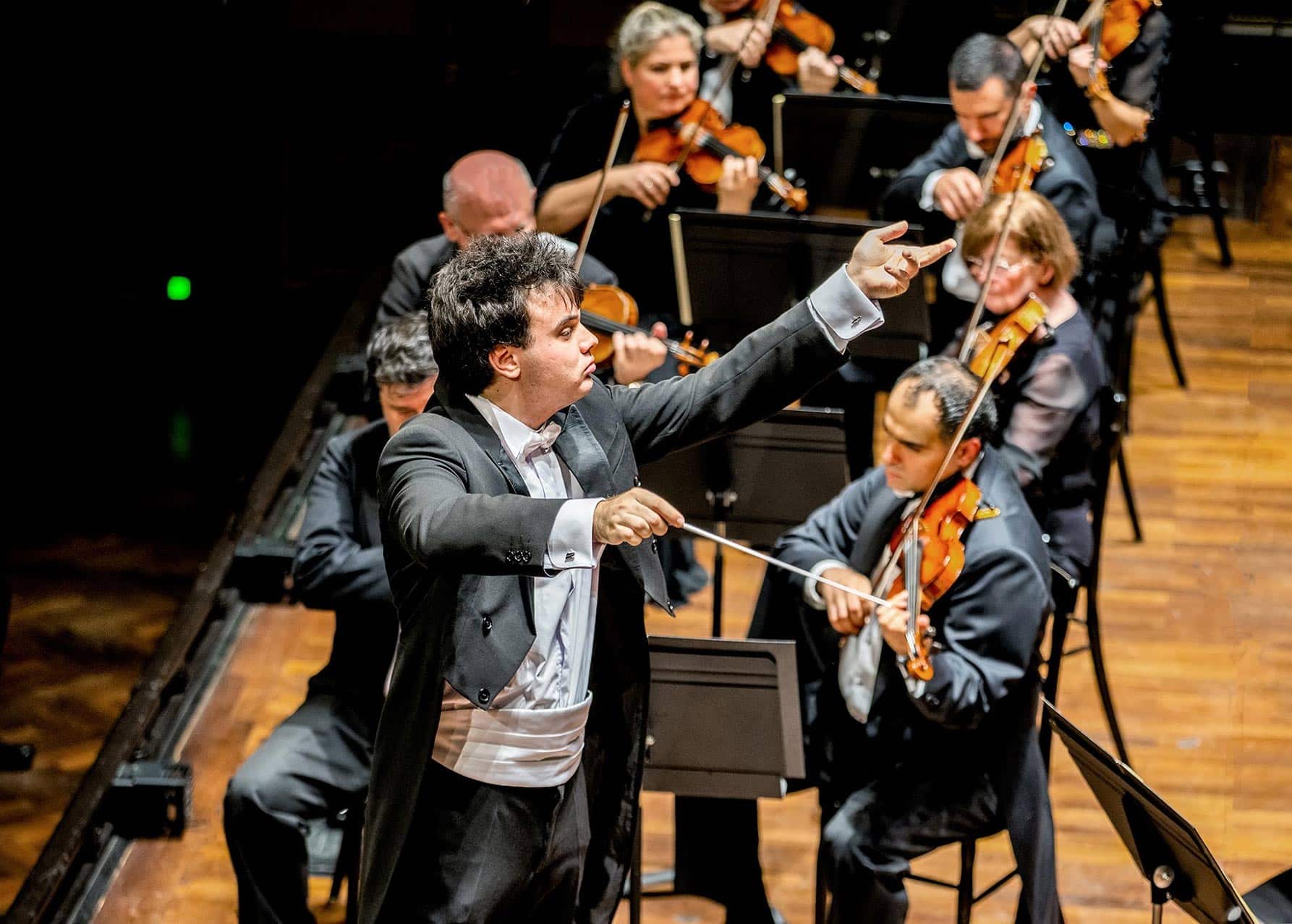Budapest picks youngest conductor since… Gustav Mahler
NewsAt the close of the Hungarian State Opera season, general director Szilveszter Ókovács presented Martin Rajna as the company’s next principal conductor.
Rajna is 27, the same age as Mahler was when he became music director of the Royal Hungarian Opera in 1887.
A graduate of the Liszt Academy, Rajna has been chief conductor of the Győr Philharmonic Orchestra for the past two years.







Comments